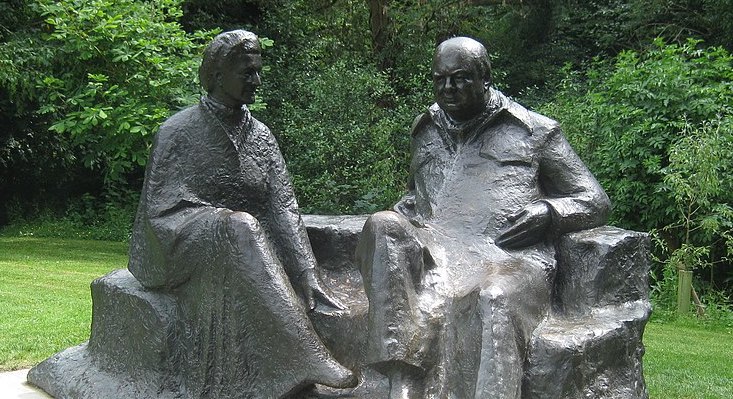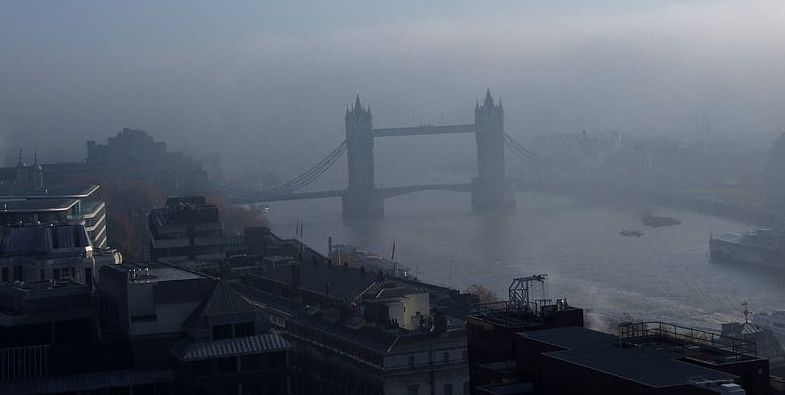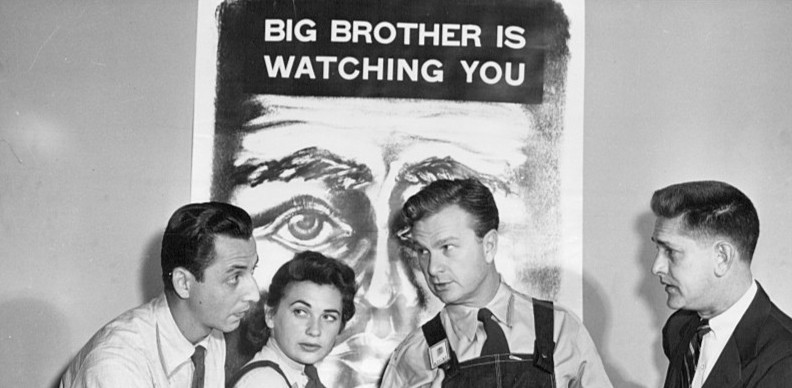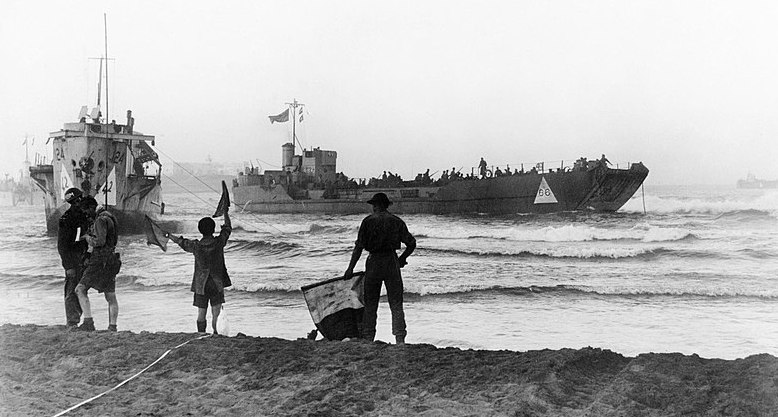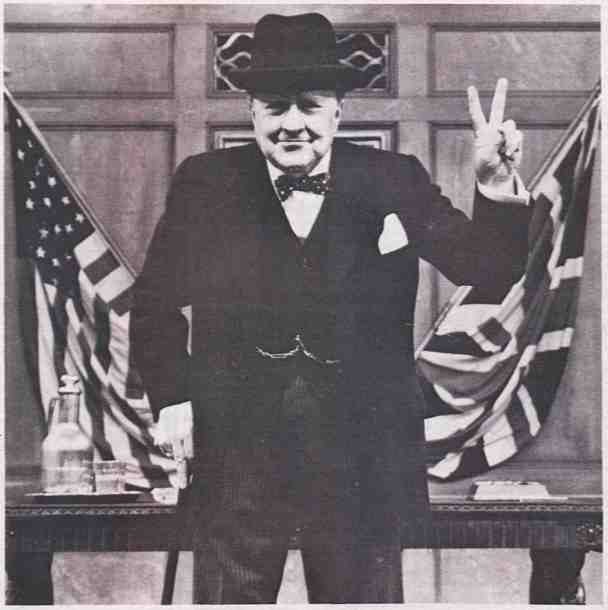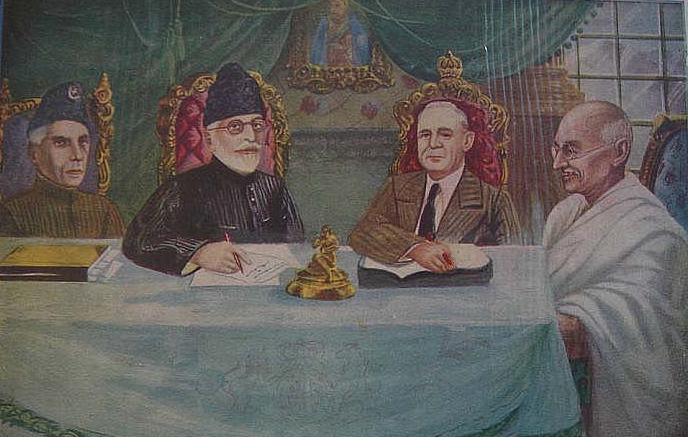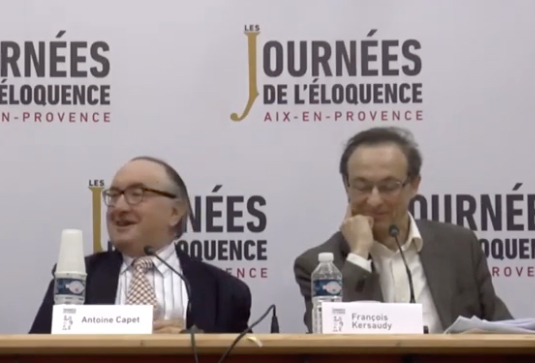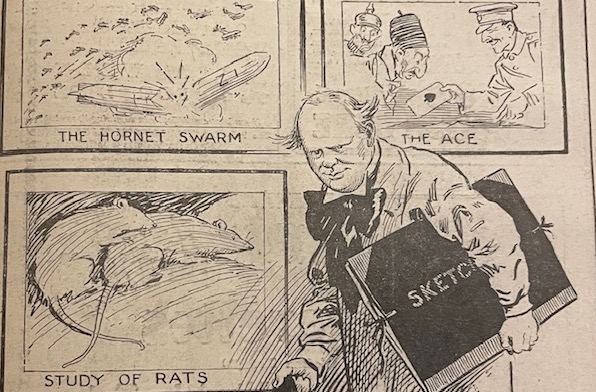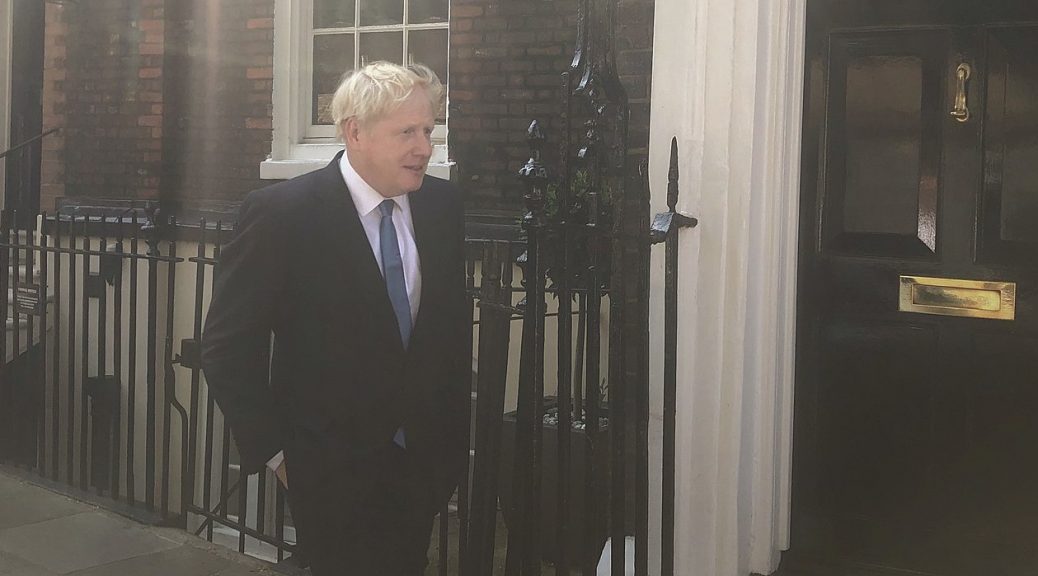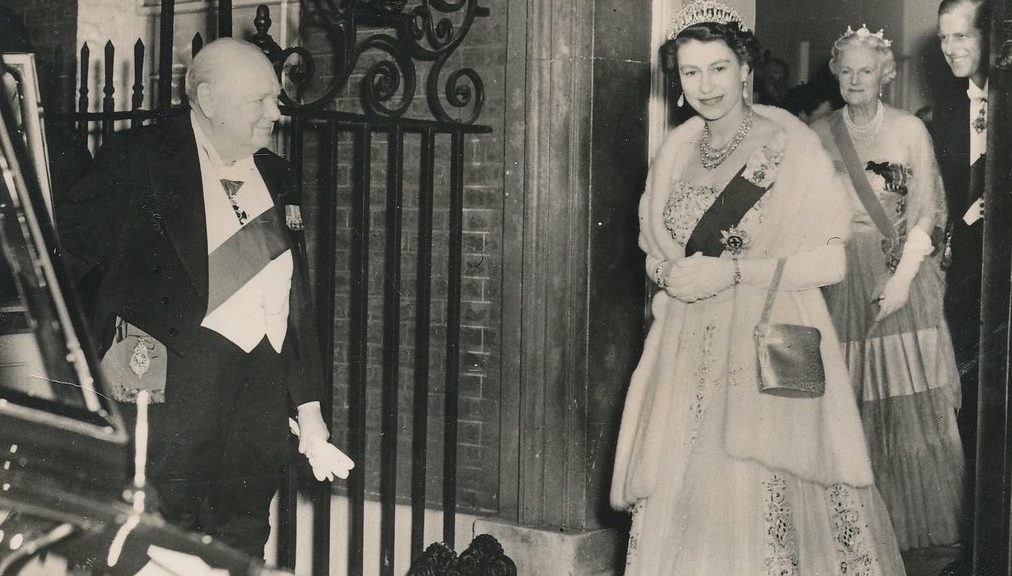
Valedictory: Her Majesty Queen Elizabeth II
It fell to Winston Churchill to define “this fair and youthful figure…heir to all our traditions and glories... Gazing at her photo “in a white dress and with long white gloves, displaying that enchanting smile which lights up her face as if a blind had suddenly been raised,” he mused: “Lovely, inspiring. All the film people in the world, if they had scoured the globe, could not have found anyone so suited to the part.” Admiration grew to attachment, attachment to adoration. Every week during their meetings her private secretary reported “gales of laughter” coming from the audience room: “Winston generally came out wiping his eyes.”
